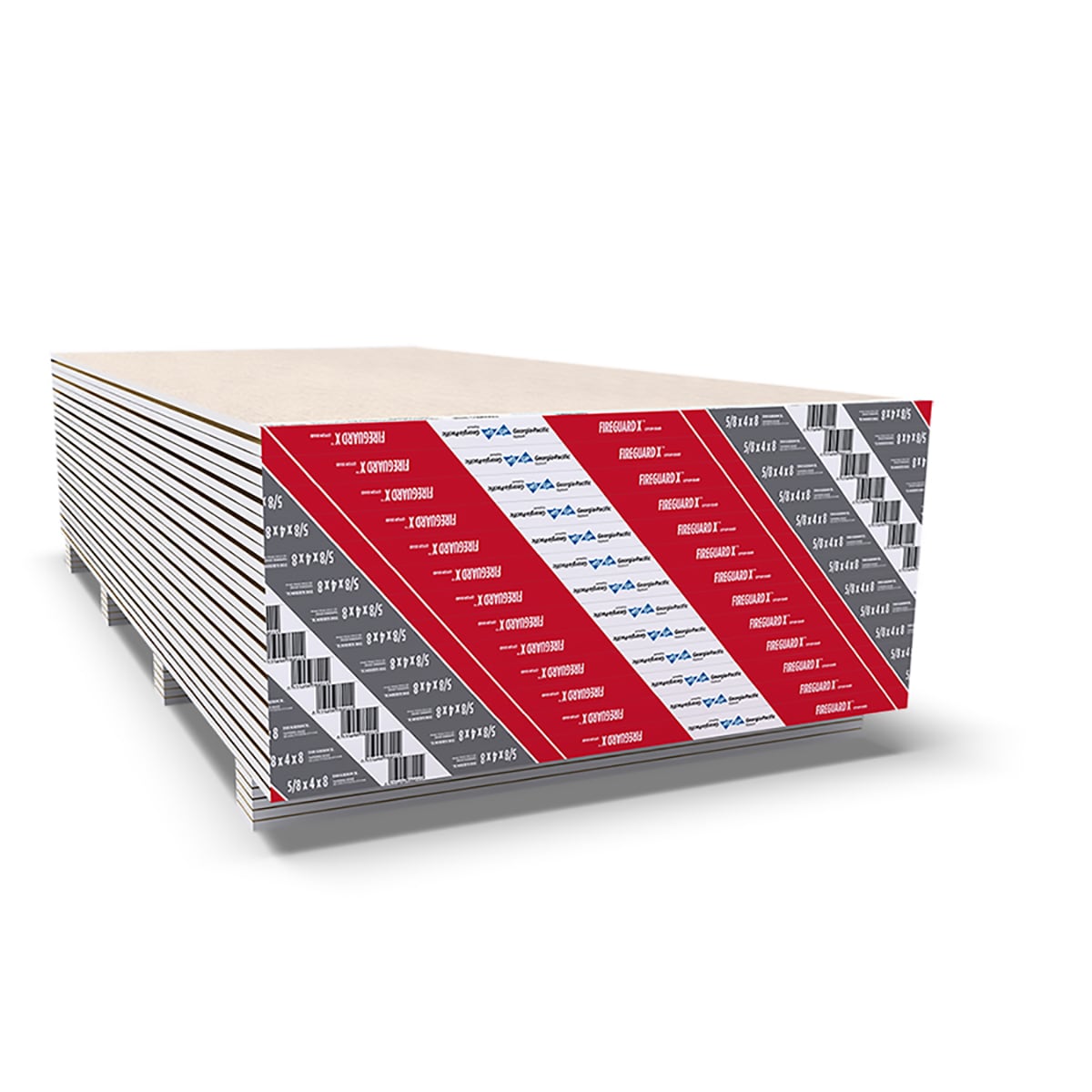Cement walls are a fundamental component of modern construction, providing strength, stability, and aesthetics to buildings. Understanding the lifespan of cement walls is crucial for architects, engineers, and homeowners alike. In this article, we will delve into the factors that influence the longevity of cement walls, explore maintenance practices, and shed light on the secrets behind their remarkable durability.
- The Composition of Cement Walls:
Cement walls are typically made of a mixture of cement, aggregates (such as sand and gravel), and water. The chemical reaction between cement and water, known as hydration, forms a strong bond that gives the walls their structural integrity. The quality of the materials used and the proper mixing ratios play a vital role in determining the lifespan of cement walls. - Environmental Factors:
The environment in which cement walls are exposed significantly impacts their longevity. Factors such as temperature variations, humidity, exposure to sunlight, and air pollution can all affect the durability of cement walls. For instance, extreme temperature fluctuations can cause expansion and contraction, leading to cracks and weakening of the structure. Regular maintenance and protective coatings can mitigate these effects. - Construction Techniques:
The construction techniques employed during the installation of cement walls also influence their lifespan. Proper curing, adequate reinforcement, and precise application of the cement mixture are essential. Improper techniques, such as insufficient curing time or inadequate reinforcement, can compromise the structural integrity and reduce the lifespan of cement walls. - Maintenance and Repairs:
Regular maintenance is crucial for extending the lifespan of cement walls. Inspecting for cracks, water damage, and efflorescence (white salt deposits) is essential. Prompt repairs, such as filling cracks and applying waterproof coatings, can prevent further deterioration. Additionally, periodic cleaning and removal of dirt, moss, or algae can help maintain the appearance and integrity of cement walls. - Lifespan Expectations:
The lifespan of cement walls can vary depending on several factors. Generally, well-constructed and properly maintained cement walls can last for several decades, often exceeding 50 years. However, it is important to note that the lifespan can be significantly influenced by the quality of materials, construction techniques, and environmental conditions.
Conclusion:
Cement walls are renowned for their durability and strength, making them a popular choice in construction. Understanding the factors that impact their lifespan, such as composition, environmental factors, construction techniques, and maintenance practices, is crucial for ensuring their longevity. By implementing proper construction techniques, regular maintenance, and timely repairs, cement walls can withstand the test of time, providing stability and aesthetics for generations to come.

